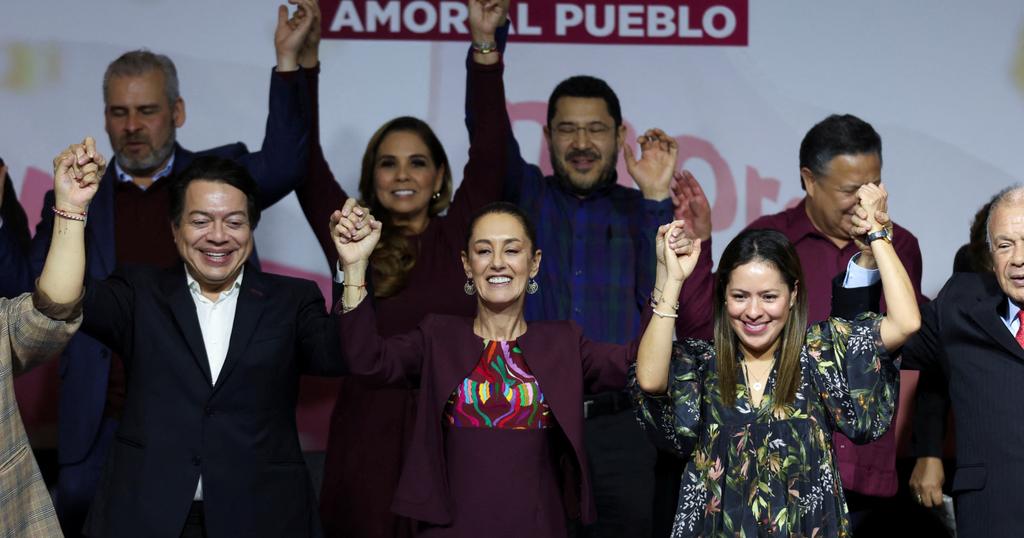5G in Africa: What’s its potential, Selasi Ahorlumegah?
Naa Oyoe Quartey
With its fast speeds and revolutionary potential, 5G stands out as a noteworthy milestone in the field of […]

As Mexico gears up for its next general election in June 2024, the possibility of the Latin American nation electing its first female president is more real than ever.
In September, each of the country’s major parties put forth a female candidate. The ruling Morena party nominated Claudia Sheinbaum, the former Mayor of Mexico City, while the main opposition coalition announced Xóchitl Gálvez, a senator from the centre-right National Action Party, as their candidate.
Public polls
Surveys conducted in October 2023 showed Claudia Sheinbaum with 50% support, followed by Xóchitl Gálvez with 20%. Another poll in September 2023 echoed these findings, with Sheinbaum garnering 47% support compared to Gálvez's 30%. The Economist also reported a 17-point lead for Sheinbaum over Gálvez in early September 2023.
Gender Parity Legislation
The constitutional amendment of 2014 ensures equal numbers of women and men as candidates for federal and local congressional elections. The amendment is the result of decades of advocacy and activism by the women's movement and other civil society organizations, as well as several legal and constitutional reforms that recognised women's equal citizenship and introduced gender quotas for candidate lists.
The representation of women following the legislation soared significantly. Women elected into positions at municipal, state, and federal levels saw a 71.2% increase from 2015 to 2020.
In 2015, the number of women serving as mayors, governors, state deputies, federal deputies, and federal senators was 809. By 2020, this figure had risen to 1,385, marking an increase of 576. This substantial growth underscores the development made towards women’s representation in Mexico’s political landscape.
Representation vs power
While women might represent 50% of the Mexican Congress, political science experts Xavier Medina Vidal and Christopher Chambers-Ju argue that the election of women to high office doesn’t always translate into a meaningful shift in power.
According to experts on women in politics, this is a concept that is referred to as “descriptive representation”, where political leaders mirror the demographics of their constituents, but may not necessarily champion policies that safeguard their interests.
They also argue that “substantive representation” is achieved when officials not only represent a group but also enact laws that genuinely benefit the groups they purport to represent.
This distinction is crucial in understanding the dynamics of women in politics and the impact of their leadership as the Latin American nation braces itself for a historic election that could potentially crown its first female leader.

With its fast speeds and revolutionary potential, 5G stands out as a noteworthy milestone in the field of […]

Let me take you on a captivating journey through my intriguing conversation with Antonia Azoitei, a versatile artist […]